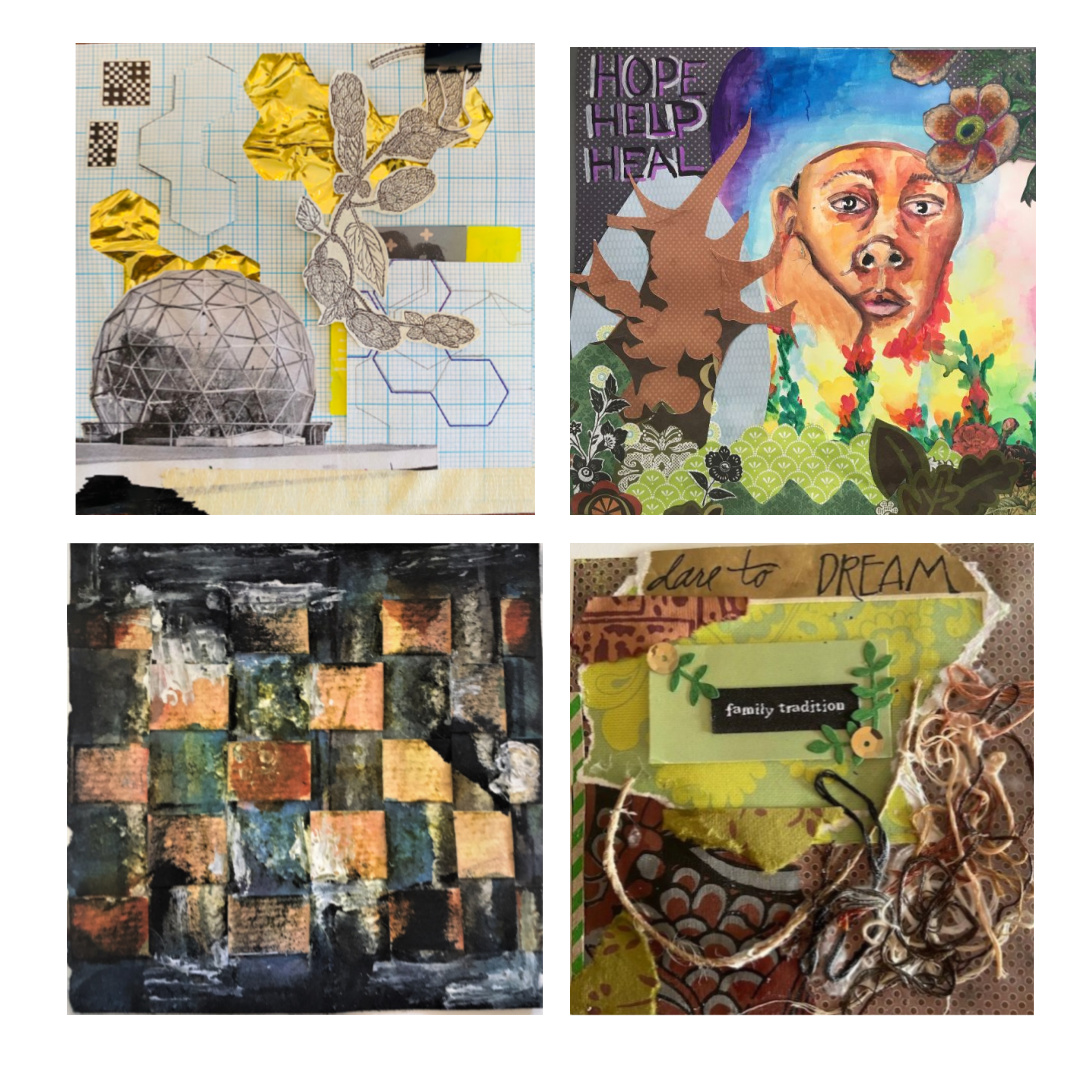May 5, 2020 | AATA Diversity, Equity, and Inclusion Committee
As art therapists, we value the essential need for the individuals, families, and communities we serve to have access to healthcare services and treatment no matter their ethnicity, socioeconomic status, age, location, gender, disability status, and sexual orientation. One of the core values of the American Art Therapy Association (AATA), leading the U.S. in the advancement of art therapy, is that we uphold social justice and sustainability through inclusion, awareness, practice, and affirmation that all people deserve equal access to high-quality healthcare, including mental health care. As the clients we serve come from diverse backgrounds, advocating for health parity and its impact on their lives and well-being is essential.
We would like to acknowledge that no one is going unscathed from challenges during this unprecedented time of COVID-19. As this pandemic has placed a spotlight on health disparities and the inequity in our health care systems, we want to address the impact of this virus on those who disproportionately are being affected by the lack of inclusion in our societal construct in the United States. Populations who lack resources and struggle with social injustices based on cultural aspects, such as race, that are stigmatized by the healthcare system, have seen the worst of this pandemic. We must also acknowledge that many people’s pre-existing conditions are the results of health disparities in communities, where healthy living conditions, access to health care and quality treatment do not exist.
This pandemic has also highlighted existing disparities in access to education, income, security, and comfort. Many people are confined at home and are at risk of physical and/or emotional harm by abusers, lack of clean-living conditions, and/or healthcare. Further, many lack access to technology to ascertain education or employment.
Additionally, for many, there is a lack of social capital in the form of community connection, participation, belonging, trust, engagement, empowerment, social support, and reciprocity. Because of the illuminated transparency we receive as therapists into the lived experience of our clients in regards to disenfranchisements, we must continue to care for one another mutually, offer adequate care based on need, and display compassion while showing dignity and respect — now and for as long as we work as health care providers. Let’s honor our clients’ transparency by adapting to new changes while practicing patience and creativity. We must be kind to ourselves and grow in cultural humility to further expand diversity, equity, and inclusion within the field of art therapy.
We invite dialogue, discussion, and response art informed by this topic. Members can log into MyAATA to share any questions, thoughts, and art on the community forum.

“Stronger Together” DE&I collective response art during this time of change
